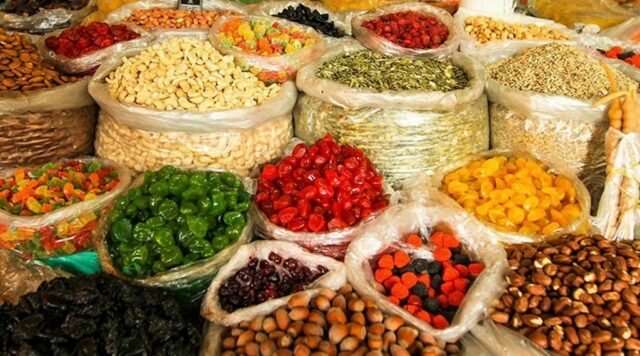The International Monetary Fund says addressing Nigeria’s food insecurity is an immediate priority and that the recent approval of a well-targeted and effective social protection system is important towards addressing the issue.
The global monetary body, which stated this in its End-of-Mission press release issued after the completion of IMF Staff 2024 Article IV Mission to Nigeria, also said implementation of this social protection system would be crucial.
The IMF further claimed that the decision by the Monetary Policy Committee to further tighten monetary policy will help contain inflation and pressures on the naira.
Recall that an IMF team led by IMF Mission Chief for Nigeria, Axel Schimmelpfennig, visited Lagos and Abuja between February 12 and 23, 2024, to hold discussions for the 2024 Article IV Consultations with Nigeria.
The team met with the Minister of Finance, Wale Edun; Central Bank of Nigeria Governor, Olayemi Cardoso; senior government and central bank officials; the Ministry of Agriculture; the Ministry of the Environment; representatives from sub-nationals, the private sector and civil society.
At the end of the visit, the team issued a statement that Nigeria’s economic outlook is challenging, insisting that economic growth strengthened in the fourth quarter, with GDP growth reaching 2.8 per cent in 2023, which falls slightly short of population growth dynamics.
In a statement signed by its Press Officer, Julie Ziegler, IMF stated that improved oil production and an expected better harvest in the second half of the year are positive for 2024 Gross Domestic Product growth, which is projected to reach 3.2 per cent, even though high inflation, naira weakness, and policy tightening will provide headwinds.
It read in part, “With about eight per cent of Nigerians deemed food insecure, addressing rising food insecurity is the immediate policy priority. In this regard, staff welcomed the authorities’ approval of an effective and well-targeted social protection system.
“The team also welcomed the government’s release of grains, seeds, and fertilisers, as well as Nigeria’s introduction of dry-season farming. Recent improvements in revenue collection and oil production are encouraging.
“Nigeria’s low revenue mobilisation constrains the government’s ability to respond to shocks and to promote long-term development. Non-oil revenue collection improved by 0.8 per cent of GDP in 2023 was helped by naira depreciation.”
The statement claimed that oil production reached 1.65 million barrels per day in January as the result of enhanced security, claiming that capping of fuel pump prices and electricity tariffs below cost recovery could have a fiscal cost of up to three per cent of GDP in 2024.
“The recently approved targeted social safety net programme that will provide cash transfers to vulnerable households needs to be fully implemented before the government can address costly, implicit fuel and electricity subsidies in a manner that will ensure low-income households are protected.
“The team appreciated the Monetary Policy Committee’s decision to further tighten monetary policy. The MPC increased the policy rate by 400 basis points to 22.75 per cent for a total tightening of 1, 025 basis points from May 2022. This decision should help contain inflation, which reached 29.9 per cent year-on-year in January 2024, and pressures on the naira.”









